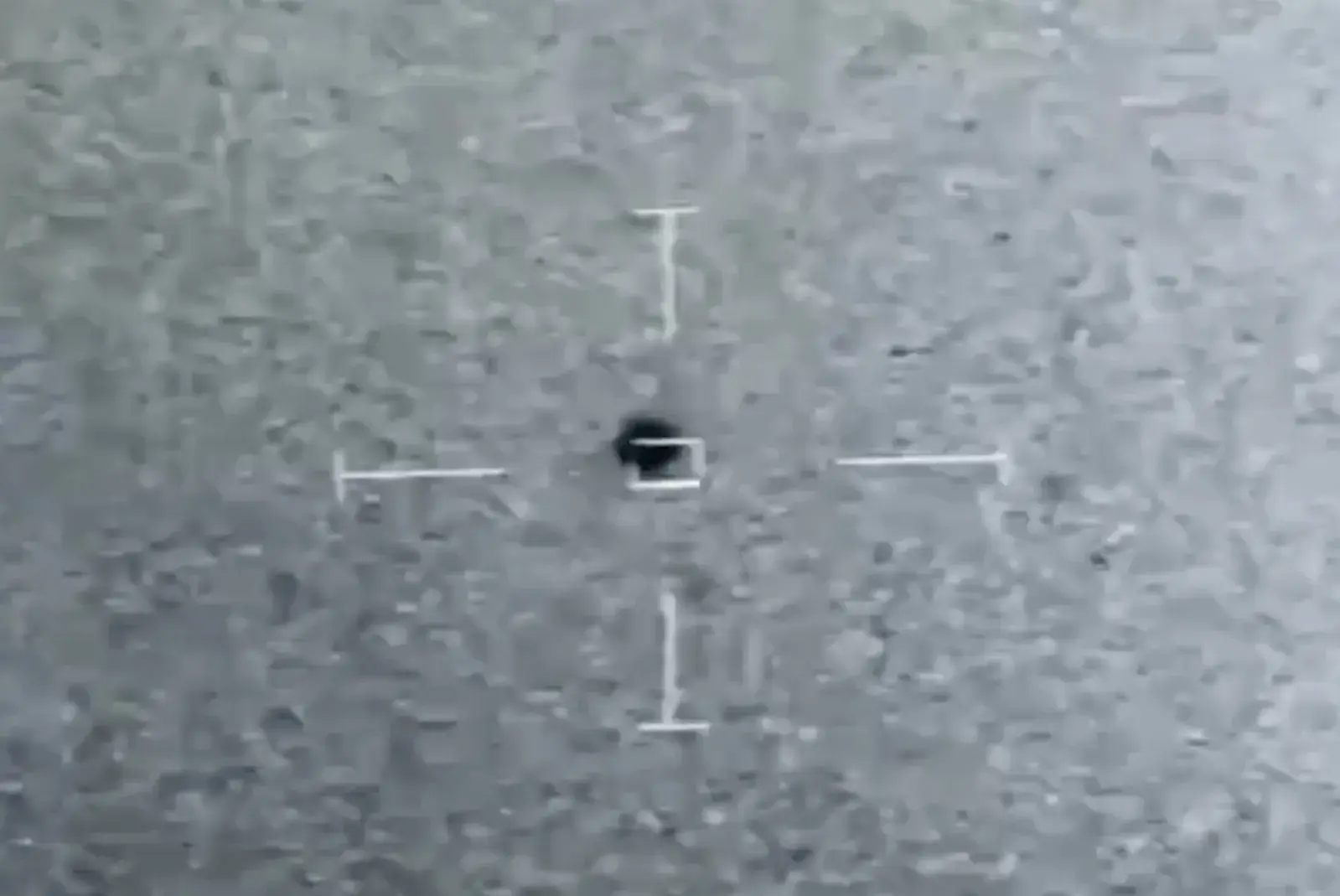Copyright republicworld

It is almost unimaginable to think of a life without devices, especially smartphones. From waking up to digital alarms to going to sleep after an elaborate routine of doomscrolling, the consumption of content on social media and the reliance on smart devices have increased multifold over the past years. With the advent of technology also comes new apps, tailor-made to solve targeted problems.The increasing number of apps has brought across a new problem - clutter on smartphones. Haphazard home screen, multiple apps for the same purpose and notification chimes from lesser-used apps are the byproducts of such clutter.While the apps come in handy often, many people have been reported to feel overwhelmed by digital clutter. This can negatively impact productivity, time management, and more.Here comes digital decluttering- a crucial process to clear out the mess and organise the files. Think of it like your wardrobe. Every once in a while, it is a healthy practice to take out all its content, sort it based on the purpose it serves and organise it back in a uniform manner. This not only weeds out the unrequited articles but also helps build space for new things to be accommodated. Digital decluttering is a similar practice that includes getting rid of unorganised apps, which helps reduce anxiety.According to Healthline, digital clutter is described as the excessive accumulation of digital content across devices and platforms that can negatively impact mental health and productivity. It is viewed as a modern issue that consumes mental space, making it harder to maintain overall focus and well-being.Cognitive overload: The brain struggles to process excessive information and disorder. This cognitive noise competes for your attention, making it difficult to filter out irrelevant information and focus on important tasks. This can result in mental fatigue and difficulty concentrating.Increased stress levels: The constant influx of notifications and information can trigger the body's stress response, leading to elevated cortisol levels.Reduced focus and concentration: Digital clutter fragments attention, making it harder to focus on single tasks and increasing distractibility.Anxiety and overwhelm: The sheer volume of digital "to-dos" contributes to anxiety and a sense of being perpetually behind.Procrastination and avoidance: Faced with a series of digital tasks, individuals may feel paralysed and resort to procrastination, further exacerbating stress.Disrupted sleep patterns: Excessive screen time is a common result of a chaotic digital life that makes it hard to log off properly. can disrupt natural sleep rhythms due to the blue light and mental stimulation before bedtime.Tip 1: Start with the digital spaces that you use the most, such as email, cloud storage, and social media. These are the places where digital clutter can accumulate.Tip 2: One of the best ways to declutter your digital space is by organising files and folders. Create a systematic file organisation structure. You can use clear, intuitive folder names and categorise files logically.Tip 3: Clean up your social media. To declutter your social media, you can delete or deactivate accounts that you don't use, clear your messages inbox and delete any spam, and adjust your privacy and notification settings to suit your preferences.Tip 4: Schedule regular maintenance sessions to keep your digital life organised and clutter-free. i.e. by setting up the timer.READ MORE: Can Poor Sleep Cycle Affect Fertility And Reproductive Health?Tip 5: Clean up your digital space by deleting blurry or duplicate photos and consider using a photo management tool to organise the rest.



